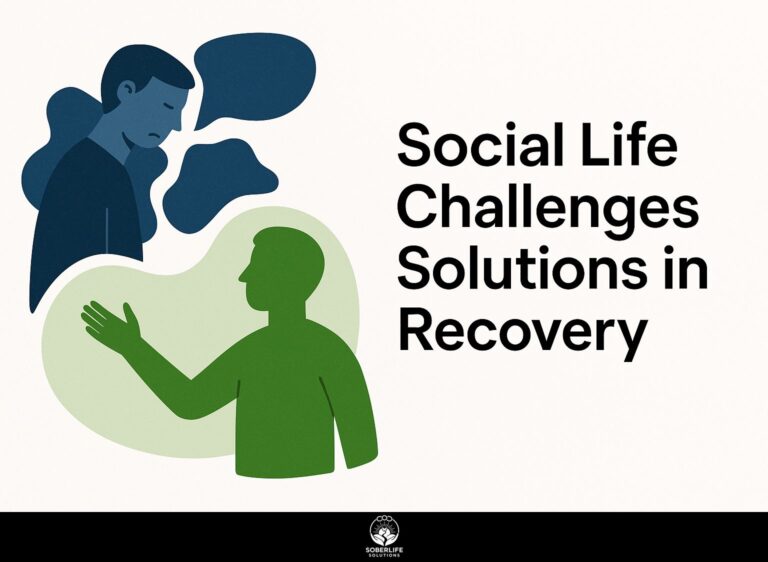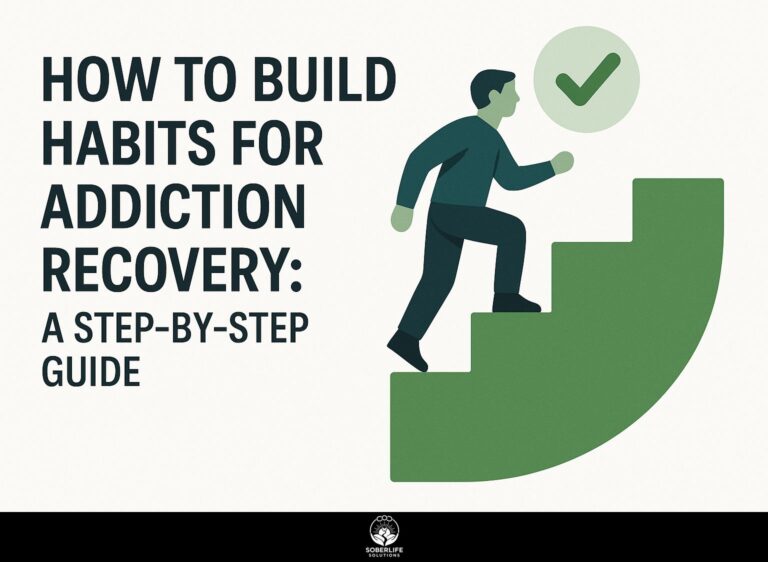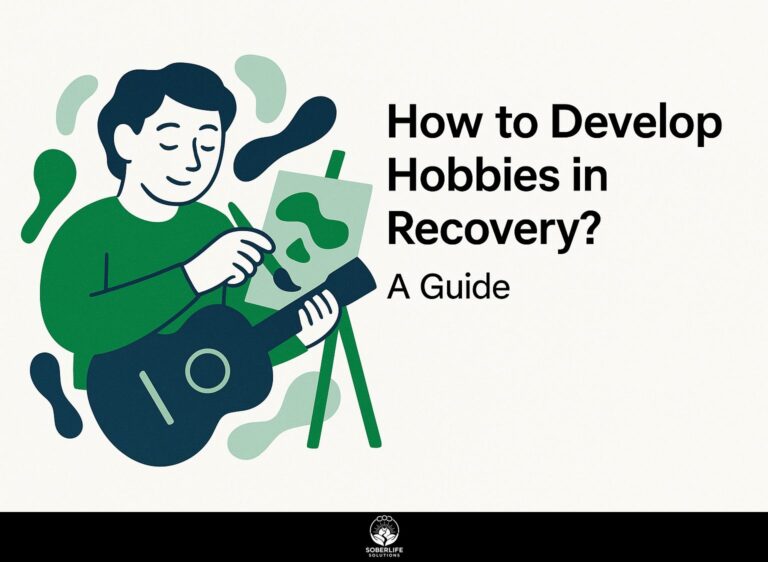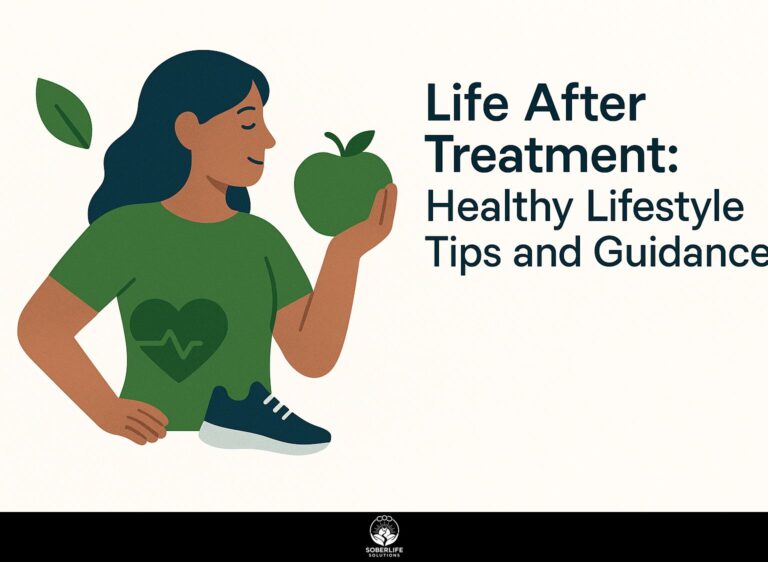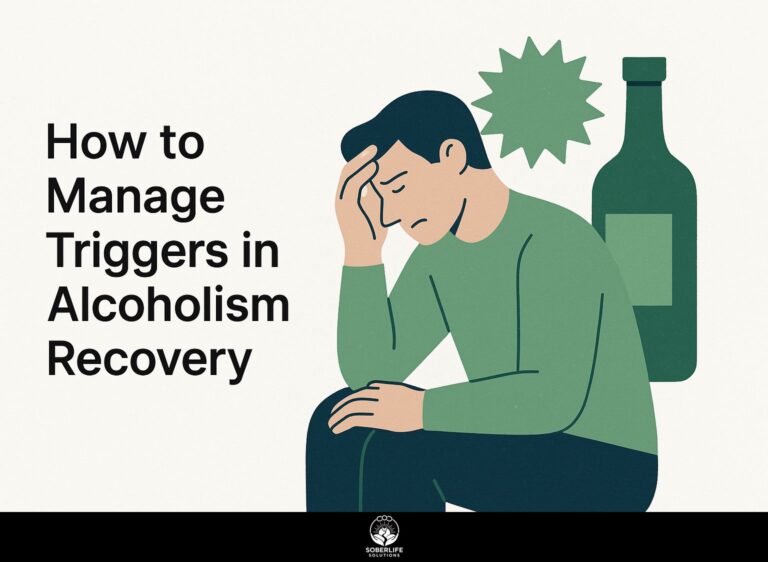Managing Stress and Emotions: Healthy Strategies in Recovery
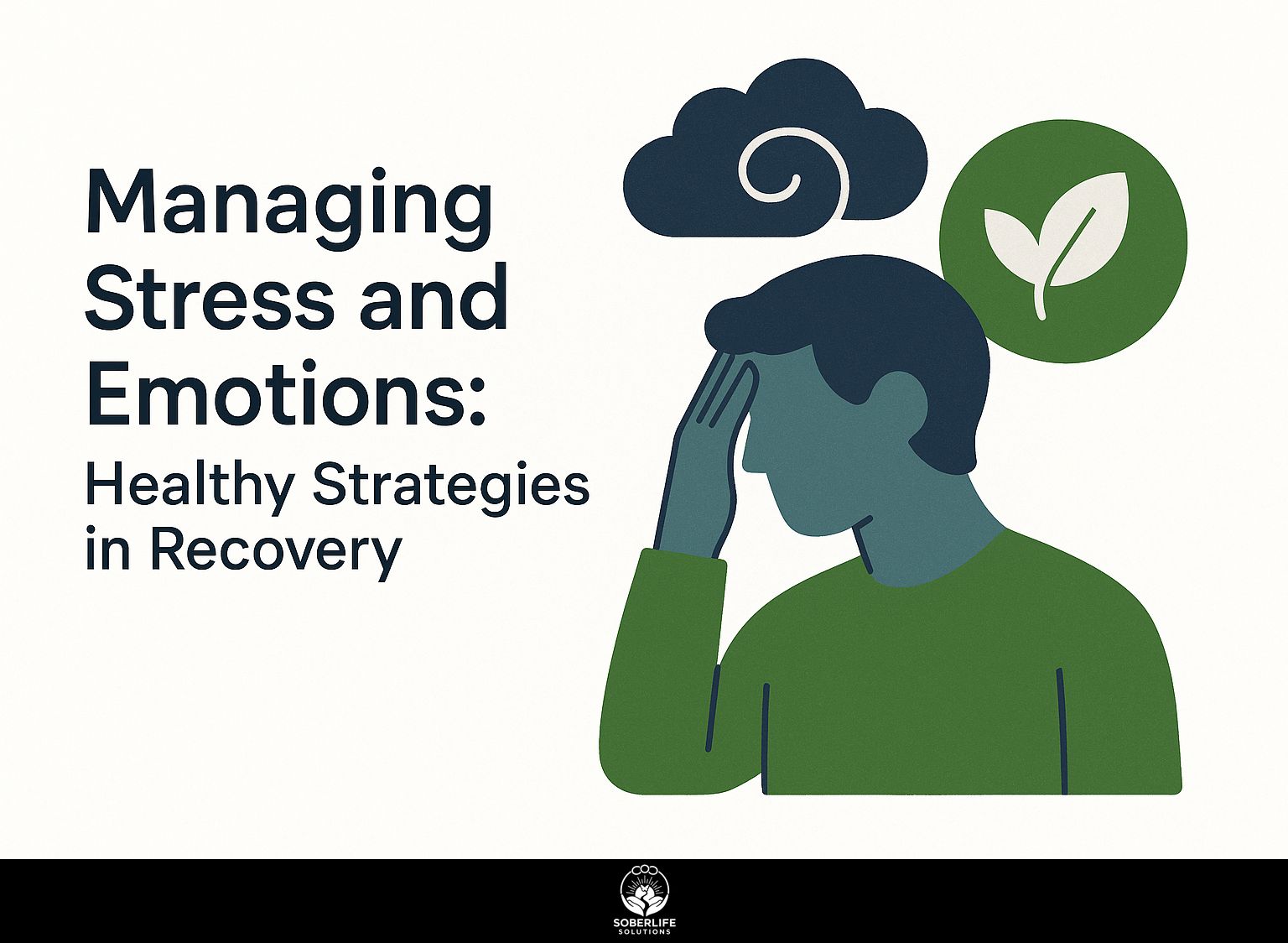
Dealing with addiction recovery can be difficult and stressful, often causing increased stress and emotional upset. Managing stress well is important in this process, offering healthy ways to handle stress and build emotional strength. This article discusses mindfulness meditation and other methods to help you handle stress and emotions, giving you the tools to succeed in recovery. Learn how to develop a balanced mindset and improve your well-being with practical methods for long-term change.
Key Takeaways:
Understanding Stress and Its Impact
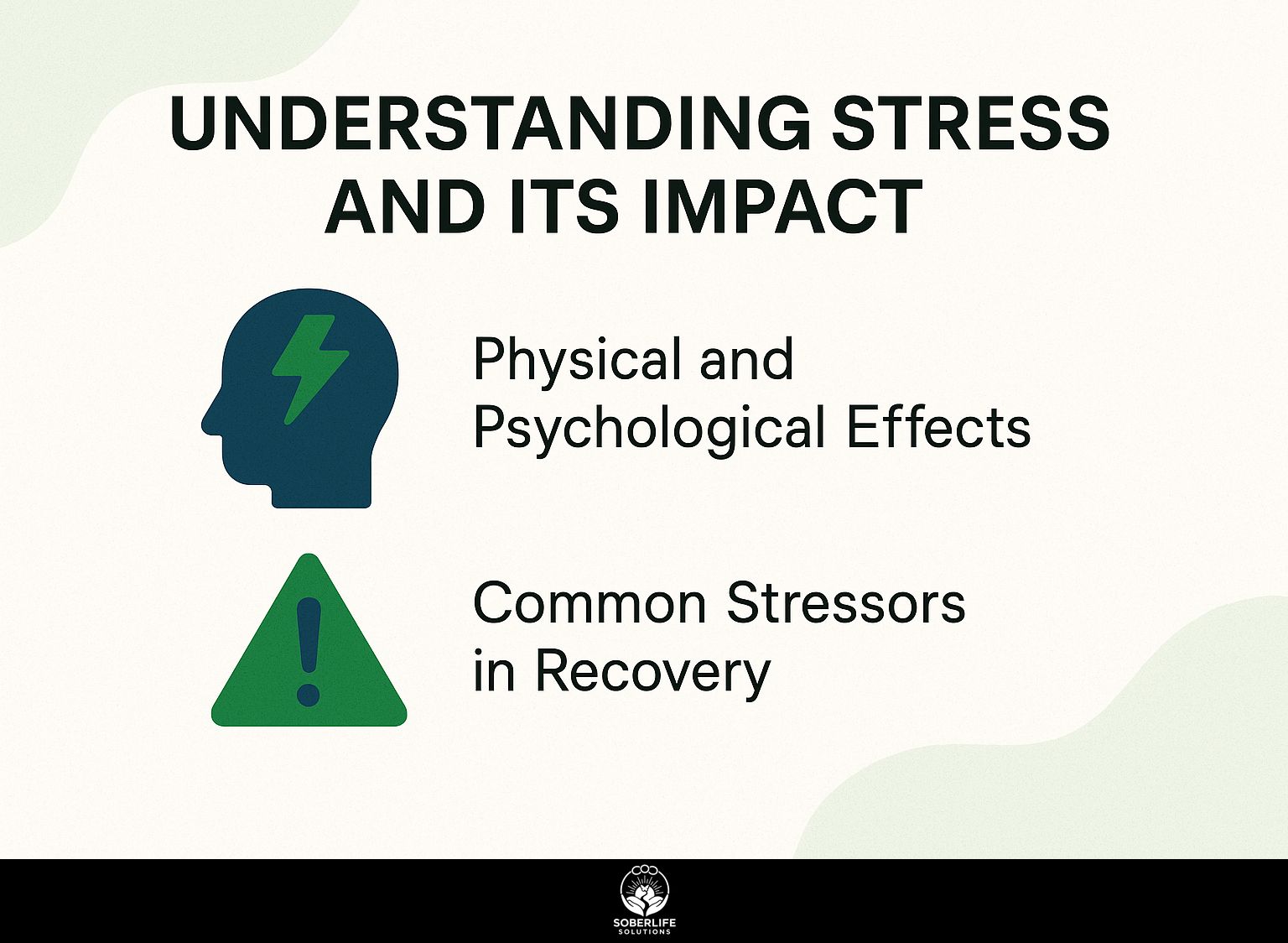
Stress shows up in different ways for each person, and finding out where it comes from is important for dealing with it during recovery. Understanding the effects of stress on the body, as detailed by Mayo Clinic, can aid in recognizing symptoms and managing stress effectively. Additionally, reducing stress and anxiety is a critical component in alcoholism treatment, as outlined in [this comprehensive approach](https://soberlifesolutions.com/stress-anxiety-alcoholism-treatment/) that integrates holistic recovery strategies.
Physical and Psychological Effects
Stress can lead to various physical and psychological issues, including decreased mental clarity and increased emotional challenges, affecting recovery outcomes.
For example, physical signs such as fatigue, headaches, and rapid heartbeat are typical. These can heighten stress when individuals find it difficult to carry out daily tasks.
Psychologically, stress can manifest as anxiety or depression; a staggering 70% of adults report such stress impacting their mental health. This emotional turmoil may hinder recovery efforts, as individuals may struggle to engage in healthy activities like exercise or adequate sleep.
To combat stress effectively, methods such as mindfulness meditation or journaling can be beneficial, helping individuals regain focus and improve their overall well-being.
Common Stressors in Recovery
From financial strain to unresolved emotions, various stressors can complicate the recovery process and trigger relapse.
Financial strain can be particularly burdensome, with addiction-related costs averaging $12,000 annually. To manage this, consider budgeting tools like Mint or YNAB, which help track expenses and identify savings.
Unresolved feelings can make you feel alone. Joining support groups or therapy can offer important ways to express your emotions. Another common stressor is relationship strain; couples therapy often helps rebuild connections.
Maintaining a structured daily routine, incorporating exercise and mindfulness practices, can significantly reduce anxiety levels, offering a proactive approach to managing stress during recovery. This approach has significant implications for maintaining sobriety- How to Prevent Alcohol Relapse: Mindfulness and Self-Care Strategies demonstrates their practical application.
Emotional Regulation Techniques
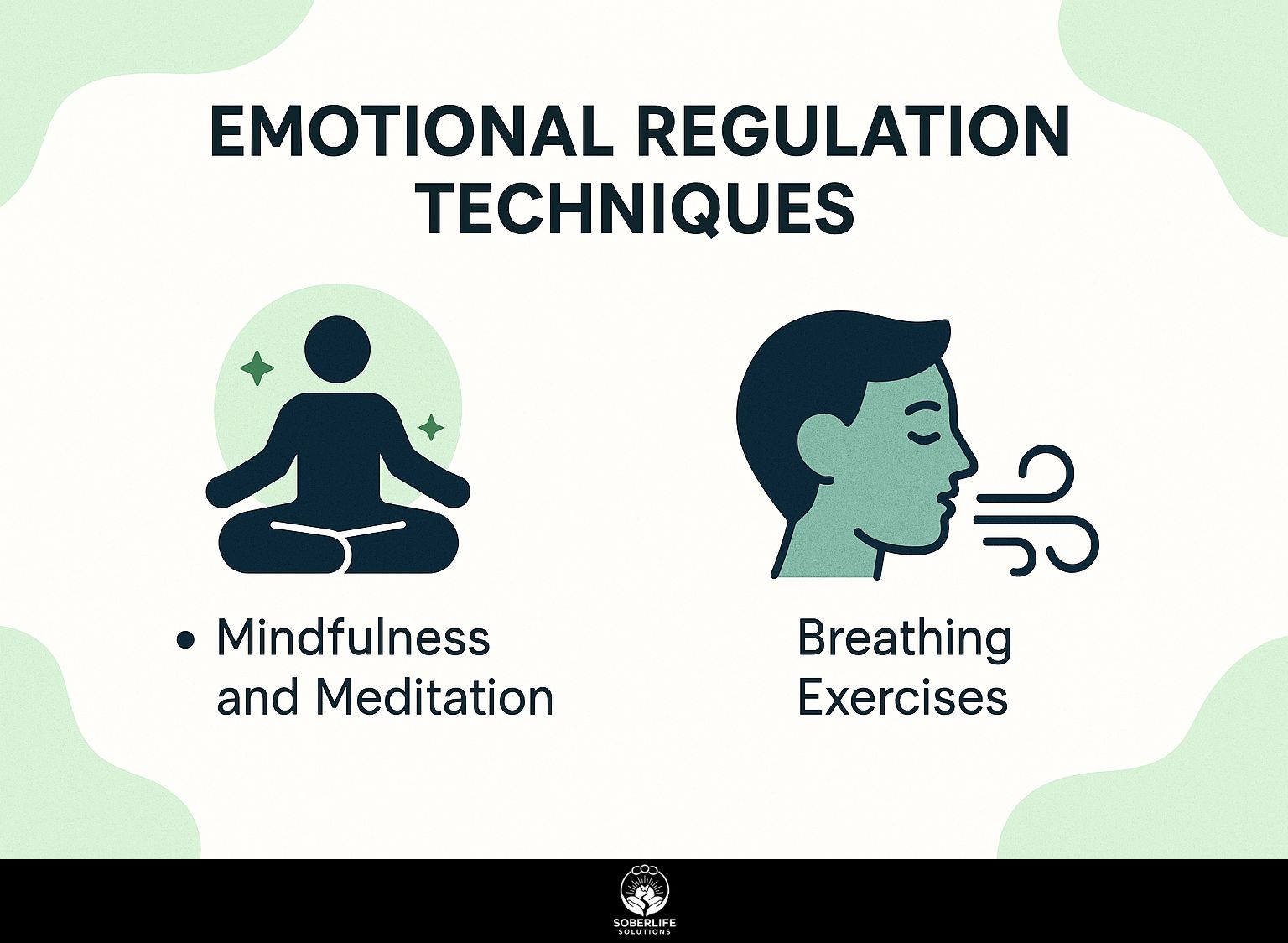
Using emotional control methods is important for building strength and handling stress well during recovery. This aligns with the principles outlined in our discussion on emotional health and coping mechanisms for addiction recovery.
Mindfulness and Meditation
Practicing mindfulness meditation for just 10 minutes a day can greatly improve emotional strength and lower anxiety.
To include mindfulness in your daily life, try apps like Headspace, offering guided sessions for $12.99 per month, or Insight Timer, a free app with various meditation options.
Start by carving out a specific time each day-perhaps in the morning or during a lunch break. Stay consistent by setting alerts. Research shows that regular practice can reduce stress by 58%, making it useful for daily life. For a deeper understanding of the benefits of mindfulness, the American Psychological Association provides a detailed exploration of how meditation can significantly lower stress levels.
Pair meditation with deep-breathing exercises to maximize benefits.
Breathing Exercises
Simple deep breathing exercises can lower stress hormones, offering a quick and effective way to regain emotional control.
One effective technique is the 4-7-8 method, which involves inhaling for four seconds, holding for seven seconds, and exhaling slowly for eight seconds. Research shows that practicing this method for just a few minutes can significantly decrease cortisol levels.
To use it during stressful times, find a quiet place, close your eyes, and pay full attention to your breathing. Doing this three to four times can create a sense of calm.
To build consistency, consider scheduling daily sessions, gradually increasing the duration as you become more comfortable.
Healthy Coping Strategies
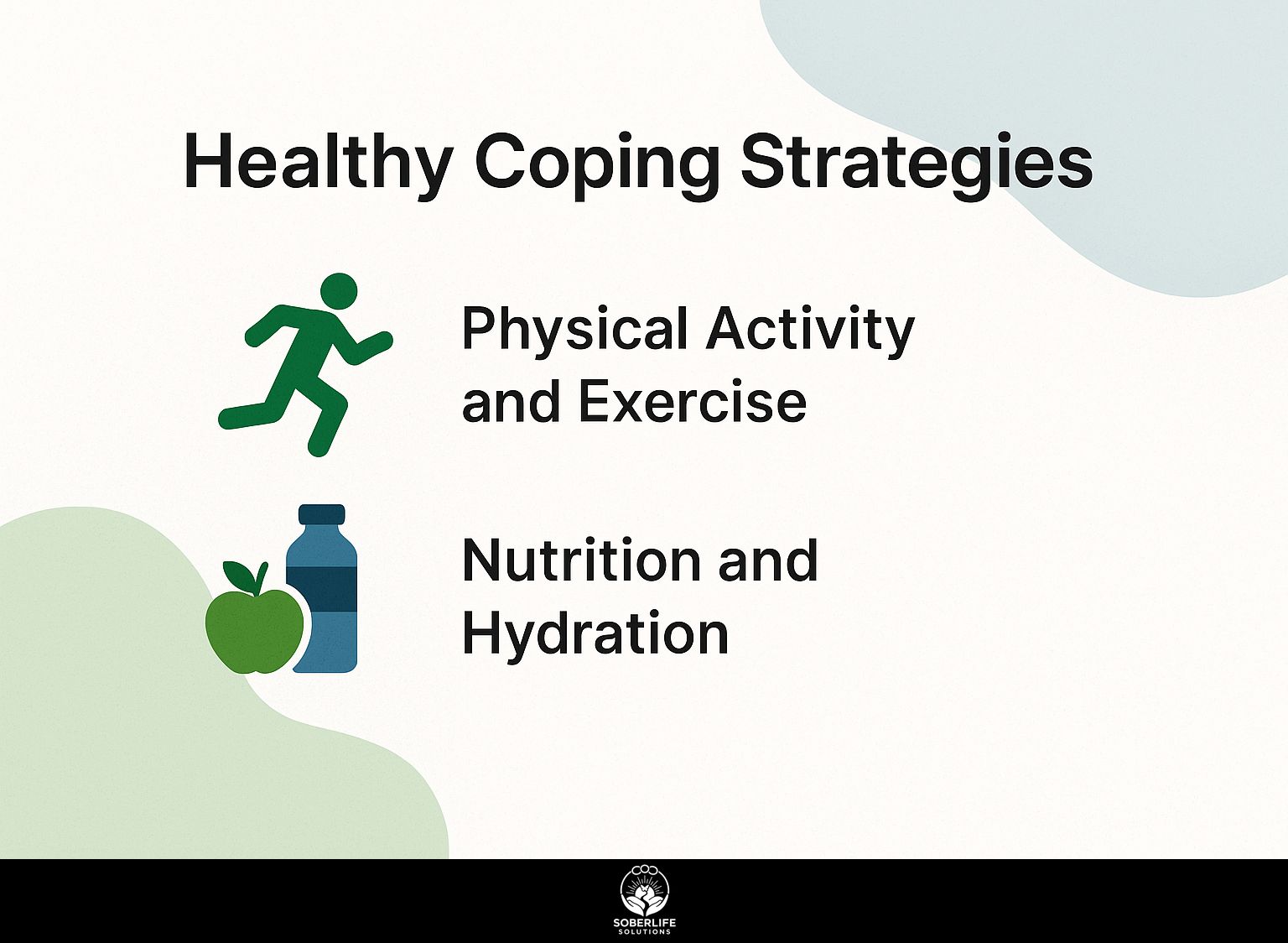
Creating healthy ways to deal with stress is important for staying emotionally stable and avoiding setbacks during recovery. One effective approach is to explore various strategies for building coping skills tailored to your specific needs and circumstances.
Physical Activity and Exercise
Doing physical exercise for at least 30 minutes each day can improve mood and reduce anxiety, helping to manage emotions.
Studies show that activities like yoga and jogging can significantly improve mental health.
For example, yoga improves flexibility and encourages mindfulness, which helps lower stress. Jogging, on the other hand, releases endorphins, often referred to as the ‘feel-good’ hormones.
To start, consider local resources like community centers that offer yoga classes or running clubs. Using apps like MyFitnessPal helps you stay driven and responsible, making it easier to follow a regular routine.
Nutrition and Hydration
Eating a diet full of nutrients can improve emotional strength, which positively impacts recovery.
To promote mental health, consider incorporating omega-3 rich foods like salmon and walnuts, along with leafy greens such as spinach and kale, which are high in folate.
Drinking enough water is important because it helps your brain work well and keeps your mood steady.
For a sample meal plan, start the day with an oatmeal topped with berries, enjoy a spinach salad with grilled salmon for lunch, and finish with a quinoa bowl packed with mixed vegetables for dinner.
The American Psychological Association emphasizes that these food choices play a key role in supporting mental health, a point further underscored by a detailed examination from Nutrition.org.
Building a Support System
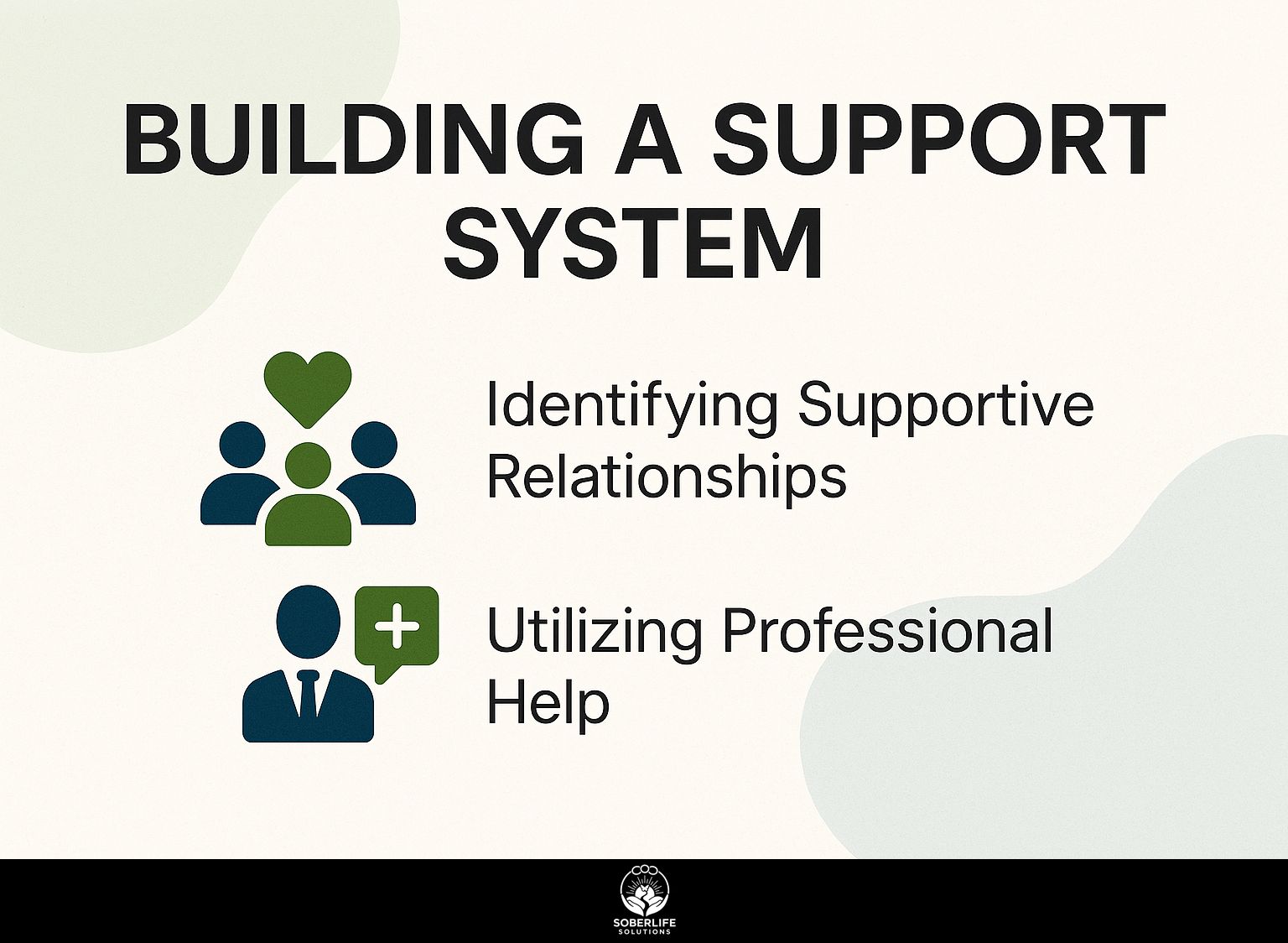
Having a strong group of friends, family, and professionals is important for successfully going through recovery. (our key tips for choosing a support group can guide you through finding the right support system.)
Identifying Supportive Relationships
Finding and developing helpful relationships can greatly improve emotional strength and recovery success.
To identify supportive individuals, look for those who demonstrate reliability, positivity, and empathy. These criteria can be assessed through their track record in being there during challenging times, their ability to uplift your mood, and their willingness to listen without judgment.
Strengthening these relationships involves honing your communication skills; practice active listening by fully engaging in conversations, asking open-ended questions, and providing thoughtful responses.
Regularly meeting, talking about experiences, and saying thank you can strengthen these connections, creating a network that supports your emotional health.
Utilizing Professional Help
Engaging with professional help, such as therapy or counseling, can provide essential tools for managing emotional challenges during recovery.
Two prominent types of therapy often recommended are cognitive-behavioral therapy (CBT) and mindfulness-based therapy. CBT focuses on identifying and changing negative thought patterns, boasting a recovery success rate of around 60-80% in various studies.
In contrast, mindfulness-based therapy encourages present-moment awareness, with statistically significant improvements in emotional regulation noted in 70% of participants.
To find reputable professionals, consider using platforms like Psychology Today or TherapyDen, which feature therapists based on specialties, location, and client reviews.
Frequently Asked Questions
What are some healthy strategies for managing stress and emotions in recovery?
Some useful methods for handling stress and feelings during recovery are using relaxation methods like deep breathing or meditation, exercising often, getting help from friends and family, setting limits, and spending time on hobbies or activities that make you happy.
How can stress and emotions impact recovery?
Stress and emotions can greatly affect recovery because they can cause cravings and negative thoughts, which makes it harder to stay sober. It’s important to develop healthy coping mechanisms to manage these challenges.
What is the role of self-care in managing stress and emotions in recovery?
Taking care of yourself is important for handling stress and feelings during recovery. Looking after your body, mind, and feelings can lower stress and help you handle tough emotions better.
Can mindfulness practices help with managing stress and emotions?
Yes, mindfulness practices such as meditation, yoga, and mindful breathing can help reduce stress and improve emotional regulation. By staying present in the moment, you can learn to better manage your thoughts and emotions.
How can setting boundaries help with managing stress and emotions in recovery?
Setting boundaries is important because it allows you to prioritize your own needs and well-being. By deciding what you will accept, you can lower stress and have better emotional stability as you get better.
What are some warning signs of unhealthy coping mechanisms for managing stress and emotions in recovery?
Some signs of harmful ways to deal with stress include using drugs or alcohol, withdrawing from others, hurting yourself, or always looking for approval from other people. Pay attention to these warning signs and reach out for help to build better ways of dealing with stress.

